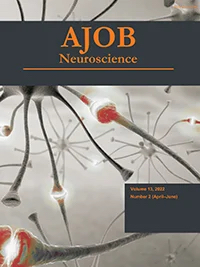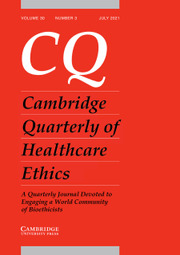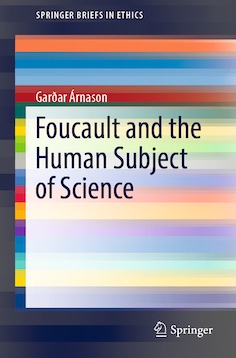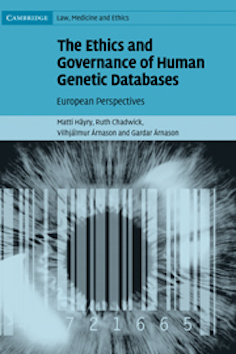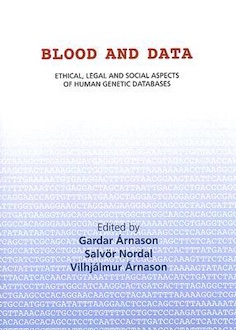News
August 1, 2022
As of August 1st, I am a Professor of Philosophy at the University of Akureyri, Iceland. I am sad to be leaving friends and colleagues after more than eight years at the Institute of Ethics and the History of Medicine in Tübingen. I am looking forward to new challenges in my new position.
May 18, 2022
The article "Public engagement with brain organoid research and application: Lessons from Genome Editing" has been published in AJOB Neuroscience (volume 13, issue 2). Authors: Corinna Klingler, Lara Wiese, Gardar Arnason, and Robert RanischOur conclusion: Brain organoid research will benefit from being open and transparent about the challenges associated with it, openly discussing it with the public, and allowing the public to input and influence future regulatory frameworks. However, it is equally important to be aware and transparent about the challenges of public engagement. Where it is poorly done, it might erode governance measures and public trust instead of building it. Experiences from other areas of technology development can inform effective and authentic public participation measures in the context of brain organo- ids. Based on insights from the debate on genome edit- ing, we have formulated five lessons that can hopefully inform future engagement activities in this new context.
June 10, 2021
My article "The Moral Status of Cognitively Enhanced Monkeys and Other Novel Beings" has been published in the Cambridge Quarterly of Healthcare Ethics (volume 30, issue 3). It's available in open access here.Abstract: The discussion about the moral status of novel beings tends to focus on artificial intelligence, robots, and other man-made systems. We should, however, also consider a likelier kind of novel beings: animals that are genetically modified to develop human-like cognitive capabilities. This paper focuses on the possibility of conferring human characteristics on nonhuman primates (NHPs) in the context of neuroscientific research. It first discusses the use of NHPs for neuroscientific research and then, second, describes recent developments that promise to revolutionize the field and how that may lead to NHPs attaining human-like cognitive capabilities. Third, an account of moral status is developed to ground the central claim, that making the NHP brain more human-like is unproblematic as long as the NHPs do not become persons. In conclusion, this paper discusses the implications for the moral status of cognitively enhanced NHPs, as well as the implications for other novel beings.
April 22, 2021
An abstract for my contribution "The Road to the Genetic Future of Humanity: The Problem of Consent in Germline Gene Editing Research" has been accepted for presentation at the annual conference of the German Academy for Medical Ethics: The future of humanity in healthcare (Jahrestagung 2021 der Akademie für Ethik in der Medizin Die Zukunft der Menschlichkeit im Gesundheitswesen) in Erlangen-Nürnberg (online), 22./23.-25. September 2021.April 20, 2021
Today my website is online, at last!

